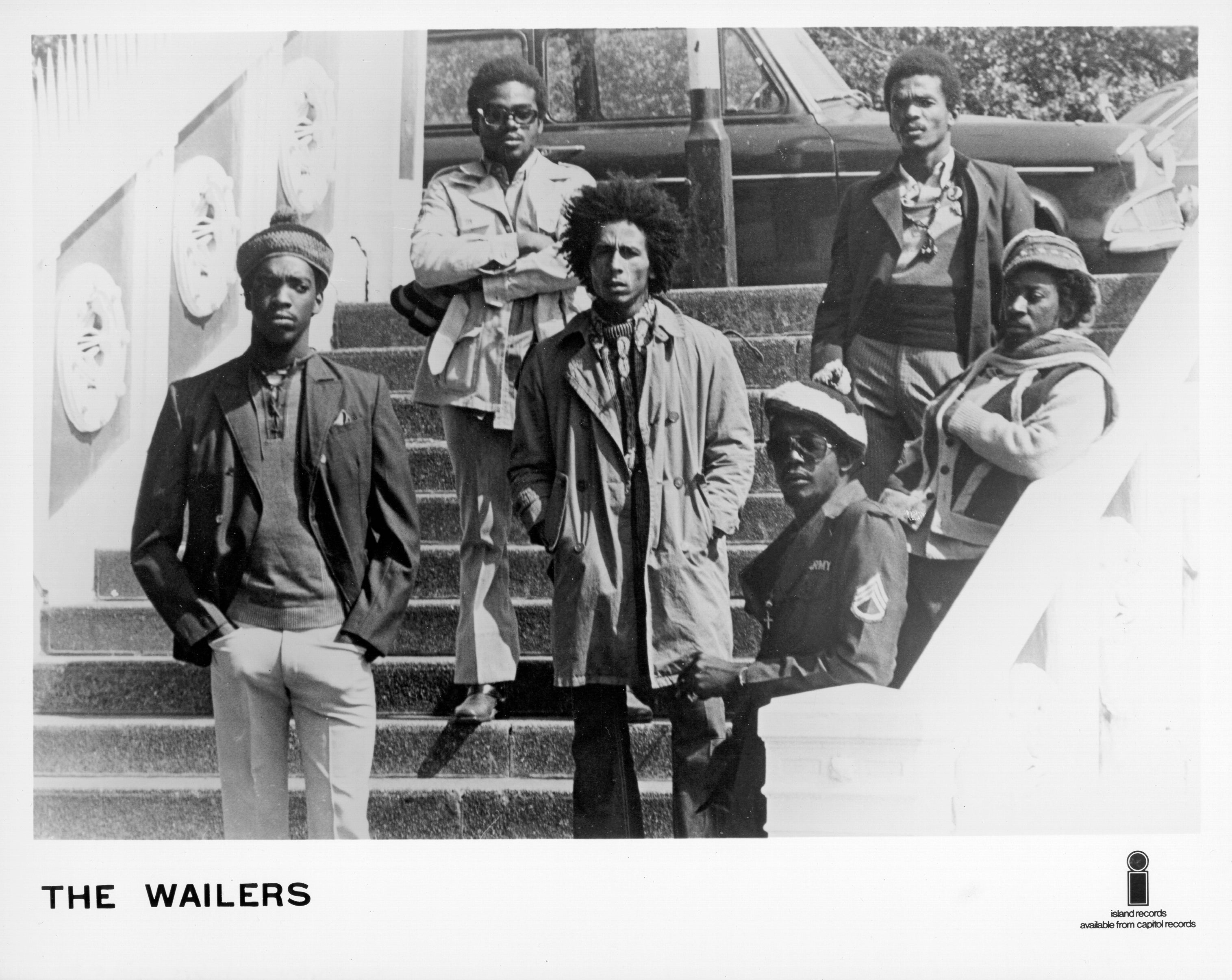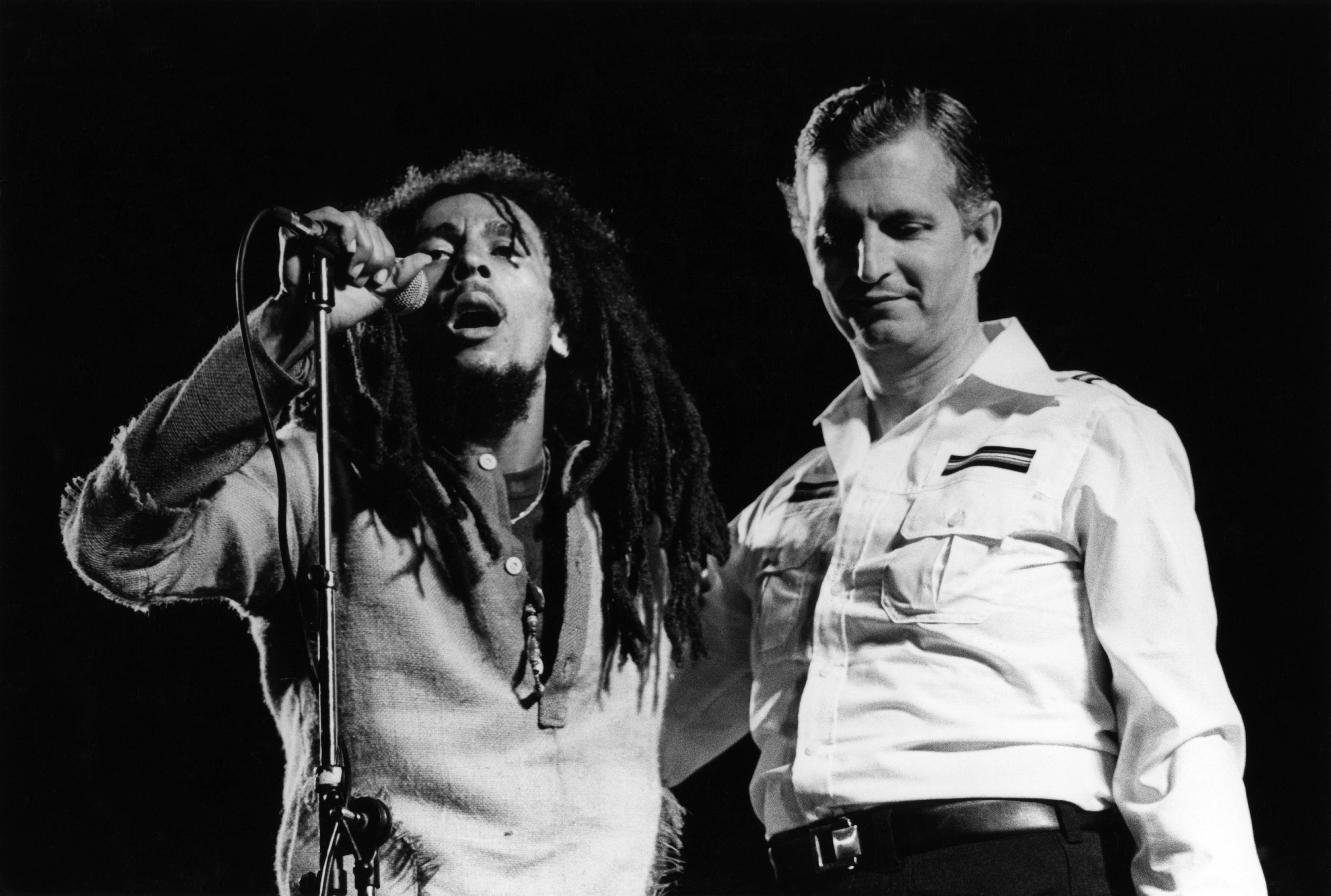As a child, I woke up every Saturday morning to the sound of Bob Marley spinning on my father’s turntable. By 8 o’clock Saturday night I had sung backup with Rita and the I-Threes, performed breakout sessions with Peter Tosh and Jimmy Cliff, and took center stage in my suburban South Jersey living room with The Legend, himself.
I was the 5-year-old kindergarten student humming “Duppy Conquerer” under her breath, the pre-teen masking as a Soul Rebel, and the 17-year-old new driver mixing in Kaya with tracks from Kanye’s College Dropout, 50’s Get Rich or Die Trying and anything I could get my hands on from the “Jiggaman” Jay Z.
Bob Marley was my father’s favorite artist, and so naturally he became mine. I spent hours with my dad waxing poetic about what the reggae artist from Nine Mile, Jamaica, meant to the small-town boy from Urlings, Antigua, just seven years his junior. I always loved Bob because he brought equal parts nostalgia, life lessons, and entertainment. While my school friends treasured the moments they could lock away in their room to do impressions of The Backstreet Boys, N’SYnc or even The King of Pop, I looked forward to the morning after a TGI-Friday night because I knew I’d get to spend my day in a Bob Marley bubble, reliving moments I was way too young to fully understand.

By college, he was my favorite subject. Any chance I got to write about him I did. Stretched assignment parameters to include him. Even aced a first-person African American History paper about the Civil Rights movement by creating a West Indian parallel about the radically under-researched Rastafarian movement. The one popularized by— you guessed it— Bob Marley. In my college dorm room, then apartment, hung a calendar of him that I’d pick up each year from Borders Bookstore. Before the emergence of YouTube and broadband internet, those twelve images of Bob, one for each month of the year, helped me close the distance between Virginia and New Jersey, bringing me back to my bubble whenever I needed to find rest there.
I didn’t know it then, but I know now, that every childhood performance of “Get Up, Stand Up,” No More Trouble“ and “No Woman, No Cry” was preparing me for the day that I’d become a member of The Resistance. Navigating Donald Trump’s America requires a certain level of focus and fortitude, and so I often find myself starting my mornings with a meditation that’s part biblical scripture, part “Sun Is Shining.” Whether I am writing about impeachment or travel bans, racial injustice or police shootings I pull from my mental catalog of Bob Marley song quotes to usher me through the moment.
On the really bad days, he tells me, “Everything’s going to be alright.” On the days when I feel too tired to keep fighting, he whispers, “But my ha-a-and was made strong, by the hand of Thee Almighty.” And on the nights when my head hits the pillows, burdened by the headlines of the day, he reminds me, “But who Jah bless, no one curse. Thank God, we’re past the worse.”
I guess it’s like he said in “Trenchtown Rock,” “One good thing about music, is when it hits you, you feel no pain.” And I hang on to that knowing that there will be times when getting up and standing up to an administration wrought with hate and sheer stupidity will require the kind of release that only a Bob Marley song — and God — can bring.
I applied “Ambush In The Night” to the sham of a senate trial, “Could You Be Loved” to nonsensical arguments from the right, and on the daily, I remember the words of “Revolution” — “it takes a revolution, to make a solution.” Bob Marley, as apolitical as he may have been, had the capacity to bring party rivals together on stage and heal a country bloodied by political violence. I’ve never questioned his ability to provide the perfect soundtrack for the craziest of situations.

He is the Trenchtown Rocker I fell in love with as a tot, the spiritual healer I still call on in my rage, the militant musician who moves me to get up and fight, and the soulful singer whose love songs I’ll play at my wedding.
Today I, along with the rest of the reggae-loving world, will celebrate his 75th birthday, likely with a marathon of old performance clips, a viewing of some dated music docs, and the rewatching of the Marley film for the umpteenth time. Before I go to bed I’ll dig into my pile of old vinyls, pull out his 78’ live recording from Boston and vibe out. My Saturday morning ritual of dancing and deconstructing my favorite lines has fallen to the wayside, but my Bob Marley bubble will forever remain intact.



